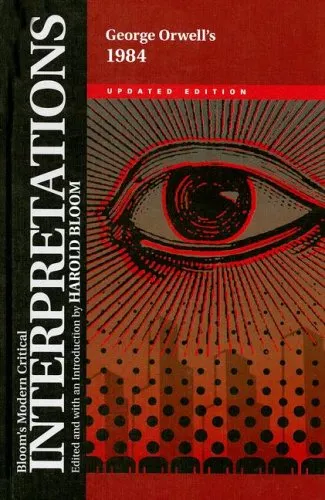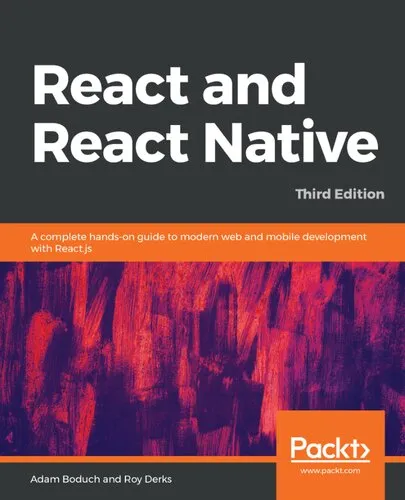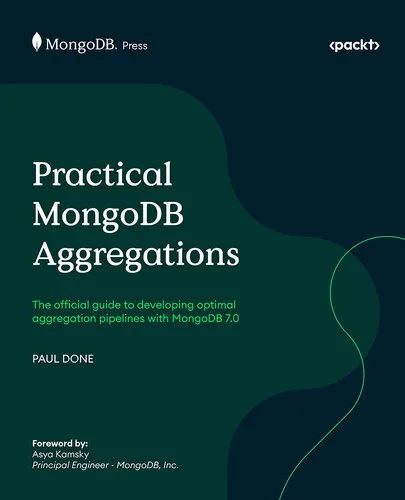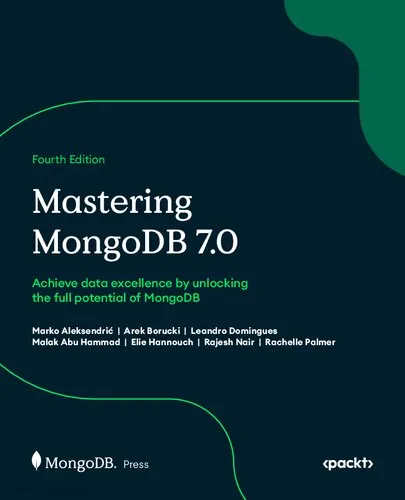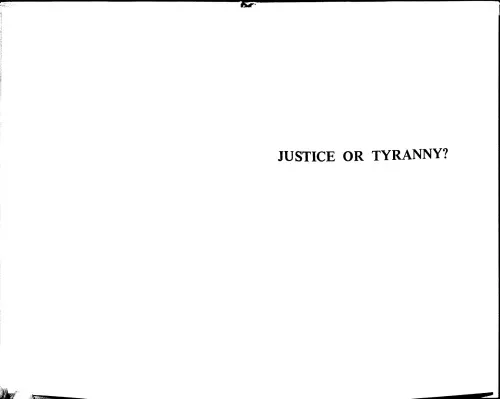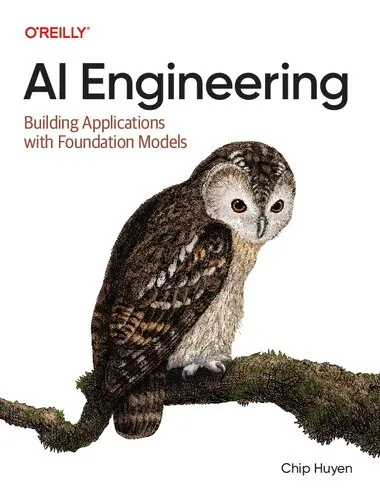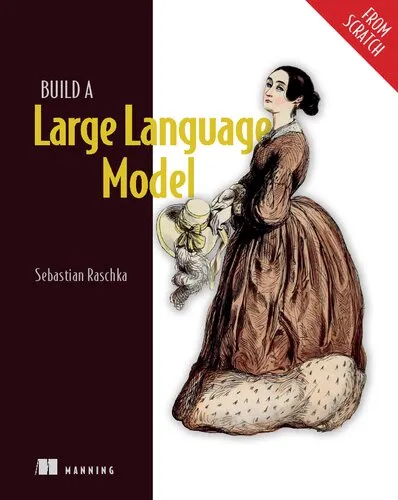George Orwell's 1984 (Bloom's Modern Critical Interpretations)
5.0
Reviews from our users

You Can Ask your questions from this book's AI after Login
Each download or ask from book AI costs 2 points. To earn more free points, please visit the Points Guide Page and complete some valuable actions.Related Refrences:
Introduction to 'George Orwell's 1984 (Bloom's Modern Critical Interpretations)'
George Orwell's 1984 continues to stand as one of the most profound dystopian works of the twentieth century, and its celebrated analysis has sparked unrelenting fascination. In this critical companion, George Orwell's 1984 (Bloom's Modern Critical Interpretations), readers are offered deeper insights into the myriad layers beneath Orwell’s chilling tale. Edited by renowned critic Harold Bloom, this guide provides an intellectual examination of the novel’s themes, characters, and the cultural forces that frame its narrative.
Orwell’s 1984 is more than a critique of power and oppression—it is an urgent warning of the fragility of truth and individuality in contexts of political manipulation. As part of the Bloom's Modern Critical Interpretations series, this book addresses Orwell’s masterpiece through a wide array of literary and philosophical lenses, aiming to illuminate the story’s enduring relevance to modern readers. Structured for both academic study and personal enrichment, the work combines trusted commentary from highly regarded scholars with thematic dissections to help unravel one of the most complex novels of its time.
Detailed Summary of the Book
At its core, Orwell’s 1984 tells the story of Winston Smith, a low-ranking member of the Party in the totalitarian state of Oceania. Set in a dystopian future dominated by perpetual war, mind control, and surveillance, Winston struggles internally against the rigid orthodoxy imposed by the Party and its omnipresent leader, Big Brother.
Through the protagonist’s rebellion—both intellectual and emotional—readers are introduced to key concepts like the manipulation of language through Newspeak, the rewriting of history at the Ministry of Truth, and the suppression of free thought. From clandestine meetings with Julia to Winston’s arrest and torture in Room 101, Orwell doesn’t merely depict the loss of personal freedom; he dissects the mechanisms by which authoritarian regimes psychologically dismantle resistance. The novel’s conclusion—the haunting scene of Winston’s ultimate betrayal of himself under the weight of state-controlled reality—forces readers to meditate on the fragility of human will and the dangers of unchecked power.
Key Takeaways
- The fragility of truth: Orwell masterfully demonstrates how language and historical records can be manipulated to control the perception of reality.
- Surveillance and privacy: The novel warns against the dangers of constant surveillance, where technology is used as a tool for oppression rather than liberation.
- The psychology of power: Through Oceania’s political system, Orwell exposes the devastating consequences of unchecked power and totalitarianism.
- Resistance and individuality: Winston’s journey is a reminder of the enduring human desire for personal freedom, even in the face of overwhelming oppression.
Famous Quotes from the Book
Orwell’s prose is brimming with iconic lines that continue to resonate with readers across generations. These quotes encapsulate the tension and terror within 1984.
- “War is peace. Freedom is slavery. Ignorance is strength.”
- “Big Brother is watching you.”
- “Freedom is the freedom to say that two plus two make four. If that is granted, all else follows.”
- “If you want a picture of the future, imagine a boot stamping on a human face—forever.”
- “In the face of pain there are no heroes.”
Why This Book Matters
George Orwell’s 1984 is not merely a classic dystopian novel; it is a profound exploration of the human condition in the shadow of power and control. The warnings embedded in Orwell’s narrative resonate as strongly today as they did at the time of its publication in 1949. This critical interpretation, part of the acclaimed Bloom’s Modern Critical Interpretations series, is an indispensable resource for understanding why 1984 has achieved this timelessness.
In an age where fake news, digital surveillance, and the erosion of personal liberties are global issues, 1984 remains chillingly relevant. The text challenges readers to question authority, scrutinize truth, and defend individual freedom. Guided by the insights encapsulated in this volume, readers are encouraged to delve deeply into Orwell’s warnings and to examine the ways in which these themes remain significant today.
Ultimately, George Orwell's 1984 (Bloom’s Modern Critical Interpretations) not only broadens the understanding of a pivotal literary work but also revitalizes its connection to contemporary sociopolitical issues, making it essential reading for students, scholars, and anyone seeking to grasp the enduring influence of Orwell’s masterpiece.
Free Direct Download
You Can Download this book after Login
Accessing books through legal platforms and public libraries not only supports the rights of authors and publishers but also contributes to the sustainability of reading culture. Before downloading, please take a moment to consider these options.
Find this book on other platforms:
WorldCat helps you find books in libraries worldwide.
See ratings, reviews, and discussions on Goodreads.
Find and buy rare or used books on AbeBooks.
1477
بازدید5.0
امتیاز0
نظر98%
رضایتReviews:
5.0
Based on 0 users review
Questions & Answers
Ask questions about this book or help others by answering
No questions yet. Be the first to ask!
